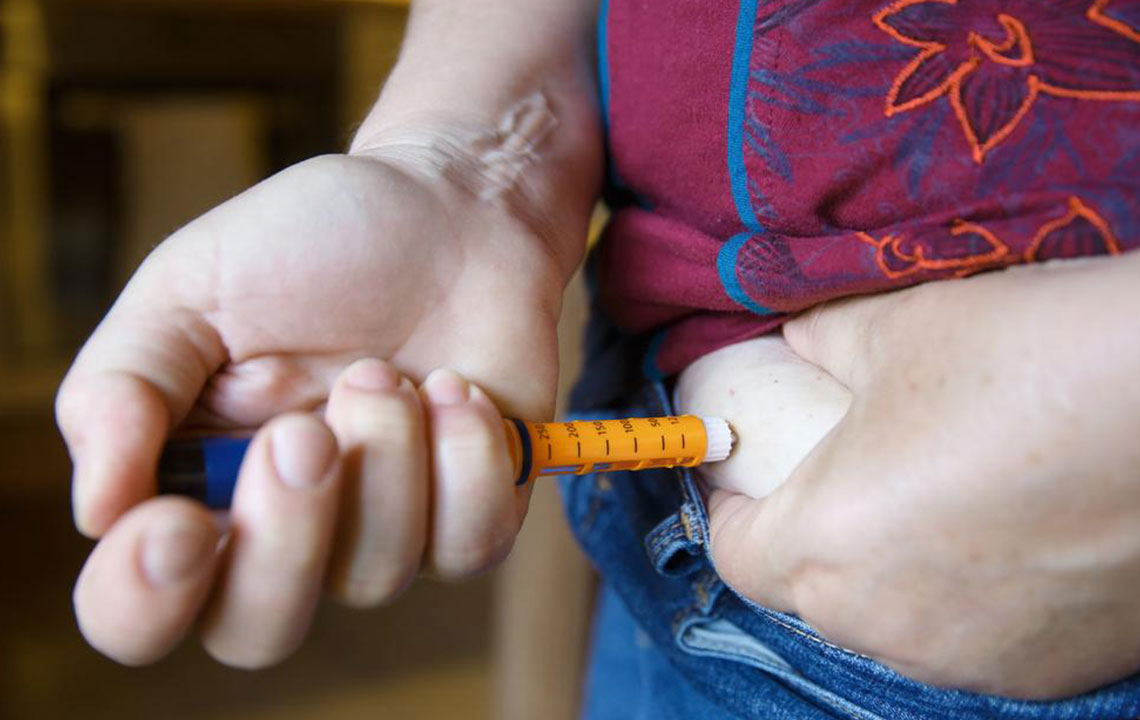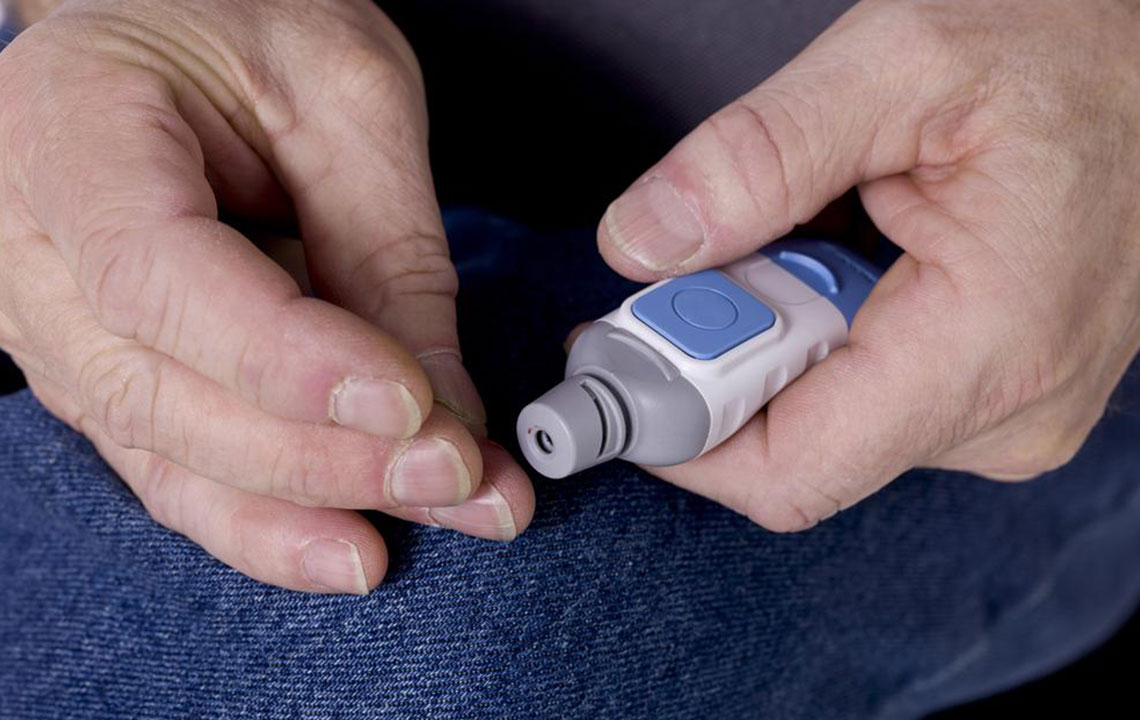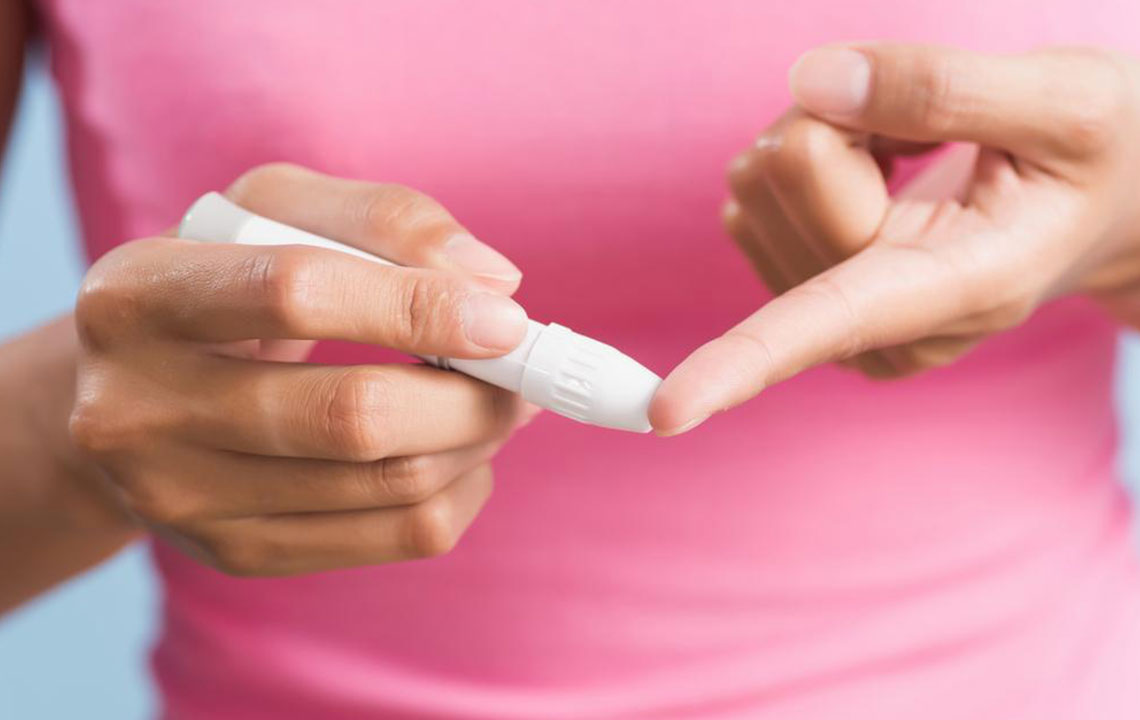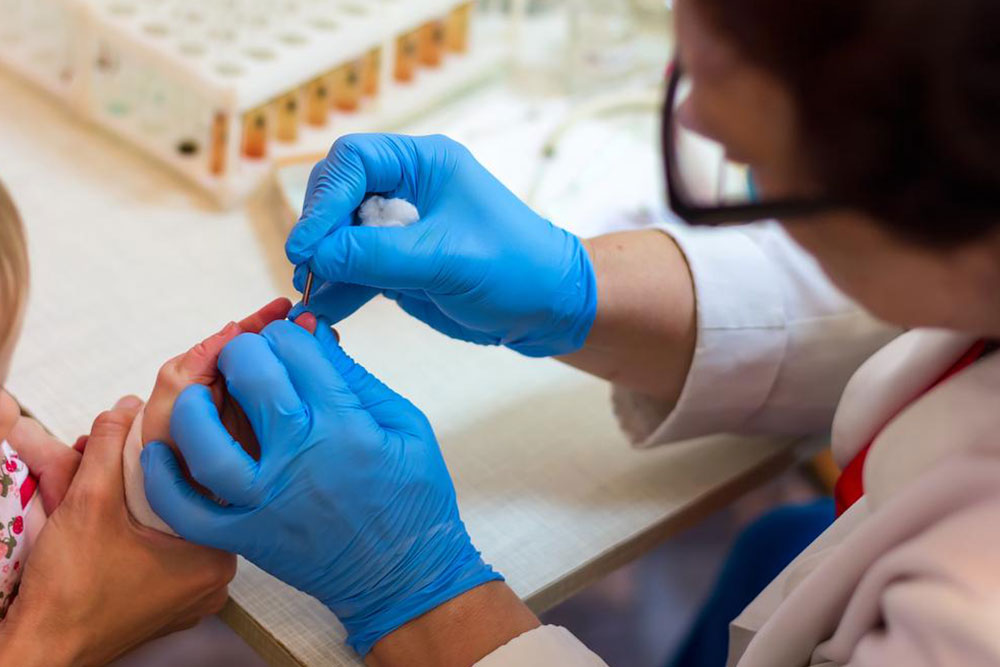Essential Tests for Diabetes Detection
Learn about the essential tests used to diagnose and monitor diabetes, including how each test works, when to use them, and their significance in managing blood sugar levels effectively.

Monitoring blood sugar levels is crucial for individuals with diabetes or those at risk. Regular testing helps prevent complications by ensuring blood glucose stays within a healthy range. Suitable for all ages, especially with a family history of diabetes or heart conditions, various tests are available to assess blood sugar levels. Below are the primary diagnostic procedures.
Random Blood Glucose Test
This test, also called the Random Plasma Glucose (RPG) test, involves drawing a blood sample regardless of recent meals. It doesn't require fasting and offers a quick way to check blood sugar, though it may sometimes lack precision.
A1C Test
The A1C test is highly recommended, measuring average blood sugar over recent months. No fasting is necessary. It considers factors like age and blood conditions; however, results can be affected in cases of anemia since it measures hemoglobin-bound sugar.
Fasting Blood Sugar Test
This common test requires fasting overnight, allowing only small sips of water before blood is drawn in the morning.
Oral Glucose Tolerance Test
After fasting overnight, the patient drinks a sugary liquid, and blood sugar levels are tested at intervals. This test is especially useful for diagnosing gestational diabetes.
These tests are vital tools recommended by healthcare providers to monitor blood glucose. Early detection facilitates timely intervention and better management.
Important Notice:
The information provided about symptoms, diagnosis, treatments, and health conditions is for educational purposes only. It should not replace professional medical advice. Always consult licensed healthcare professionals for diagnosis and treatment decisions.









